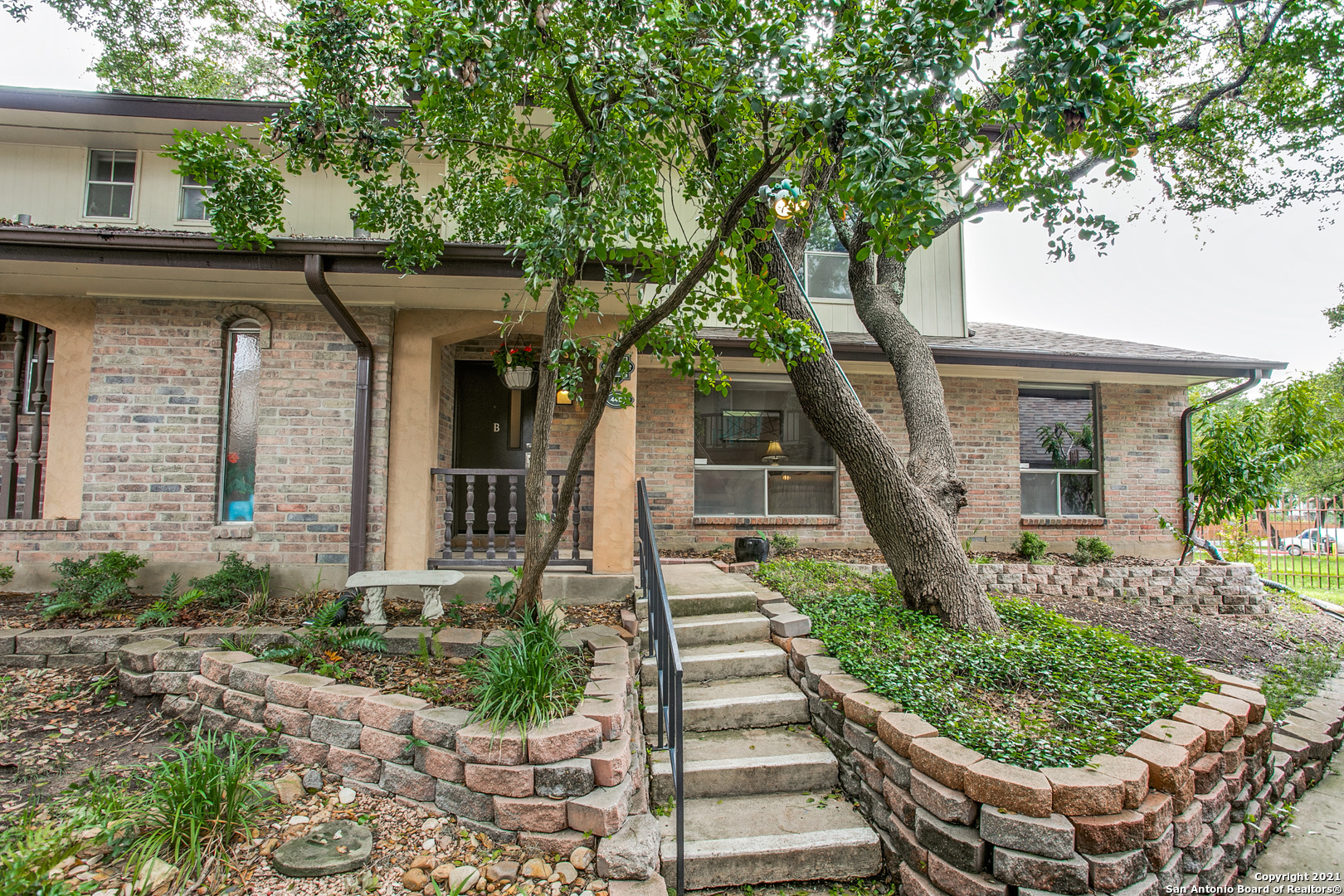Houses For Sale North San Antonio – It can be a metaphor for much deeper exchanges in life. Social movements and grassroots organizations work tirelessly to provide resources and support to those who need it, often without expecting anything in return. A blacksmith might craft a sword, a tailor might stitch a suit, and a potter might mold a vase. Many second-hand clothing stores and online platforms specialize in curating high-quality, gently used apparel, making it easy for consumers to find fashionable items that align with their tastes. This is especially true in a world dominated by fast fashion, disposable electronics, and mass-produced products. For those who enjoy the tactile experience of shopping and the sense of discovery that comes with it, thrift stores offer a personal and immersive way to shop for second-hand items. The idea of being “for sale” also touches on larger cultural and societal themes. The rise of minimalism and a desire for unique, vintage items has also played a role in the growing popularity of second-hand goods. Thrift stores and consignment shops often work with charitable organizations or local non-profits, using the proceeds from sales to support various causes. A person might sell a beloved possession to fund an important life change, such as starting a business, moving to a new city, or pursuing a dream. For some, it’s a matter of balancing budgetary constraints with their desire for quality. Both buyers and sellers should approach transactions with honesty and transparency to ensure a smooth exchange. In the world of quality goods for sale, there is also an inherent sense of value in the stories behind them. This desire for items with character and a story behind them has contributed to the growing appeal of second-hand goods. Furniture is another category that lends itself well to the second-hand market. Many high-quality products come with a rich history, whether it’s the legacy of a renowned brand or the personal touch of a local maker. Yet, despite this shift, the appeal of quality craftsmanship has not waned. Due diligence is a crucial part of the process, where the buyer investigates the business thoroughly to ensure that there are no hidden liabilities, potential risks, or operational inefficiencies. Whether through local thrift stores, online marketplaces, or garage sales, the option to buy pre-owned items has created a flourishing market that continues to grow. In a sense, the very nature of human existence can feel like a transaction.
4 Bedroom Bella Vista San Antonio TX Home for Sale
Lock your ratestart your mortgagegreat incentivesget preapproved today

10 San Antonio homes for sale with casitas
Lock your ratestart your mortgagegreat incentivesget preapproved today

North San Antonio, TX Homes, San Antonio Area Villas
Lock your ratestart your mortgagegreat incentivesget preapproved today

San Antonio Homes for Sale San Antonio TX Real Estate
Lock your ratestart your mortgagegreat incentivesget preapproved today

One Story San Antonio TX Home for Sale in Gated Neighbo
Lock your ratestart your mortgagegreat incentivesget preapproved today

Budget friendly San Antonio homes for sale with pools to help you cool
Lock your ratestart your mortgagegreat incentivesget preapproved today

10 San Antonio homes for sale with casitas
Lock your ratestart your mortgagegreat incentivesget preapproved today

5 homes you can buy in San Antonio right now for 500,000 CultureMap
Lock your ratestart your mortgagegreat incentivesget preapproved today

NISD Homes For Sale, North Side Independent School District Real Estate
Lock your ratestart your mortgagegreat incentivesget preapproved today

Homes For Sale Northeast San Antonio Irving Houses
Lock your ratestart your mortgagegreat incentivesget preapproved today
Similarly, during periods of economic growth, there may be a greater willingness to spend on luxury second-hand items, such as high-end fashion or collectible items. Whether it’s the affordability, the environmental impact, or the opportunity to find unique items, second-hand goods provide an alternative to traditional retail shopping that is both practical and sustainable. While some people may be hesitant to purchase pre-owned electronics due to concerns about quality or reliability, the second-hand market for electronics has become increasingly trustworthy. For those who enjoy the tactile experience of shopping and the sense of discovery that comes with it, thrift stores offer a personal and immersive way to shop for second-hand items. Electronics are another category of second-hand goods that have seen a rise in popularity. For the buyer, purchasing a home is a dream realized, a step toward security and stability. We start to treat people as commodities, too — as means to an end, as tools for achieving personal success or social status. Additionally, many second-hand items are still in excellent condition, having been gently used or well-maintained by their previous owners, further enhancing the appeal of these products. While the sale of a business can provide a valuable opportunity for both parties involved, it also carries risks. One of the major environmental concerns with new products is the waste that they often generate at the end of their life cycle. It implies that there’s nothing off-limits, nothing beyond the reach of commerce. The market for second-hand goods is also influenced by societal trends and economic conditions. This can manifest in the context of career, relationships, or personal goals. Sellers often find themselves in a strange position, balancing the emotional attachment to the item with the rational need to let it go. People often feel like they are for sale, too, in various ways. The ability to share knowledge, ideas, and resources has empowered individuals in ways that were previously unimaginable. The object becomes more than just an object – it transforms into a transaction, an exchange of value. For when everything is for sale, it’s easy to forget that the most important things in life are not commodities; they are experiences, relationships, and moments of connection that cannot be measured in dollars and cents. An item’s worth can be subjective, influenced by the desires, needs, and circumstances of both the seller and the buyer. In this sense, online second-hand markets have not only made pre-owned goods more accessible but have also made them more desirable, offering an alternative to the mass-produced, one-size-fits-all nature of new products.
For the buyer, it can feel like a great opportunity, a chance to acquire something they’ve been searching for, or maybe just the satisfaction of knowing that a good deal is within reach. Additionally, second-hand furniture allows buyers to find unique items that may not be available in traditional furniture stores. While the online second-hand market has flourished, traditional thrift stores and second-hand shops continue to play an important role in the buying and selling of pre-owned goods. Their inherent value comes not only from their physical characteristics but also from the values of durability and sustainability. In this sense, quality is not just about prestige; it’s about making thoughtful choices that contribute to a more sustainable and rewarding lifestyle. Online platforms also give buyers and sellers the chance to evaluate one another through reviews and ratings, adding an extra layer of trust and security to the transaction. However, buying a business is not a decision to be taken lightly. There are those who argue that not everything should be for sale. It carries with it a deep sense of commodification — the idea that every part of our lives, every piece of our history, every corner of our existence, has a price attached to it. Additionally, there is the challenge of integrating the business into their existing operations and ensuring that it continues to thrive under new ownership. This can be particularly advantageous for entrepreneurs who might have experience in business operations but lack the time or resources to build a new venture from the ground up. Whether it’s funding education, supporting homelessness services, or providing medical assistance, the money spent in second-hand shops can contribute to making a difference in the lives of others. By buying second-hand goods, consumers can feel good about supporting their communities and giving back to those in need. The very notion that everything can be bought and sold creates a society where inequality is not just accepted, but ingrained in the very structure of the economy. The possibilities are endless, and the result is often something more unique and personal than what could be bought new. The role of business brokers and intermediaries has become increasingly important in today’s business-for-sale market. For sale, it seems like a simple phrase, yet it carries with it an array of possibilities, emotions, and decisions that can shape someone’s life. Relationships can become transactional, where each party enters into an agreement based on what they stand to gain. This shift in mindset has contributed to a growing acceptance and even celebration of second-hand shopping, making it a mainstream activity that is not just about saving money but about making more thoughtful and responsible choices. A piece of furniture, for instance, may hold sentimental value simply because it’s been in the family for generations.